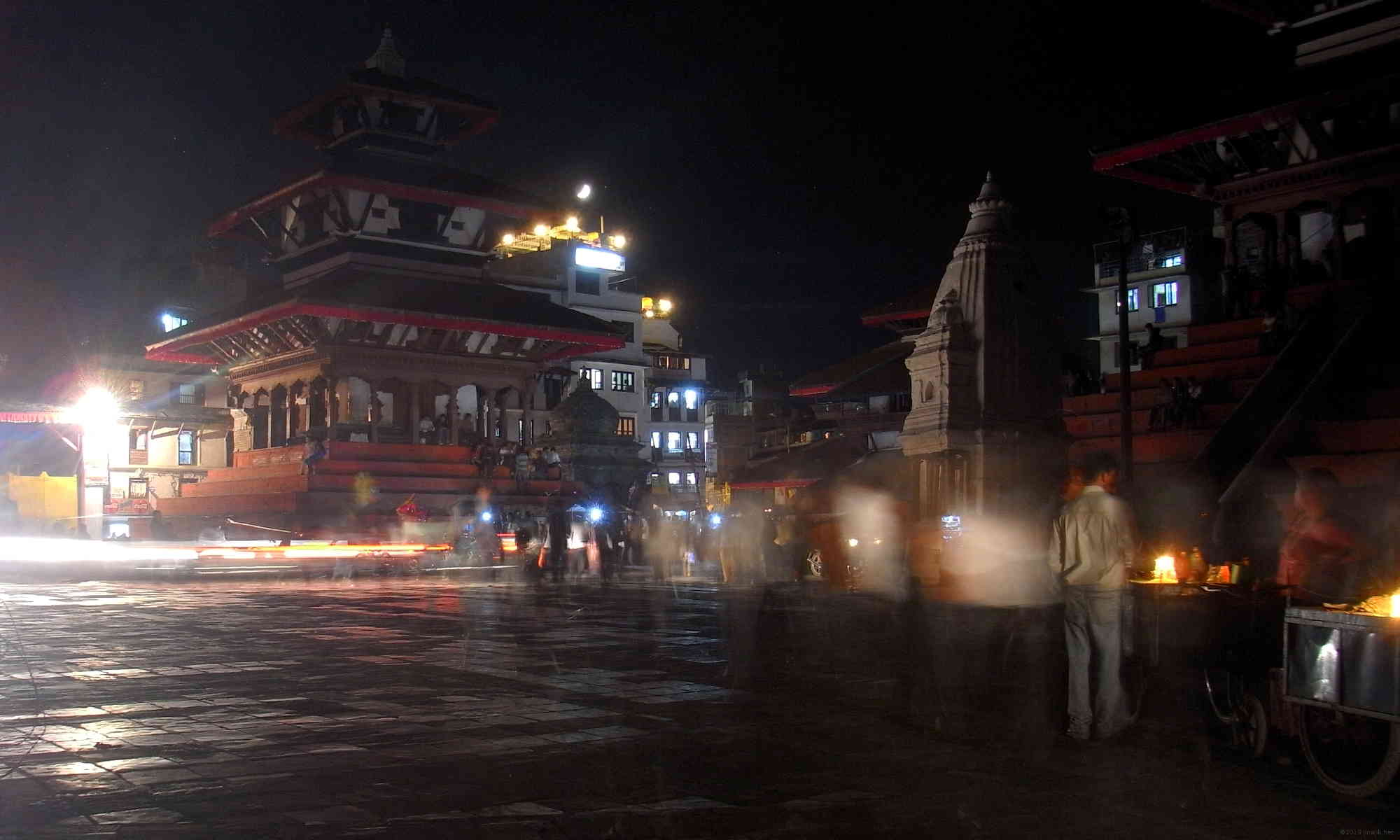 In religions of hearsay and repetition, there is so little internal variety that we must look to the fringes for anything interesting. And from the early nineteenth century, when Ceylon first experienced the jolt of British colonial rule, we have such a case: the Sinhalese monk Śrīdharmārāma’s eight verses in praise of his new sovereign, King George III — in Sanskrit.
In religions of hearsay and repetition, there is so little internal variety that we must look to the fringes for anything interesting. And from the early nineteenth century, when Ceylon first experienced the jolt of British colonial rule, we have such a case: the Sinhalese monk Śrīdharmārāma’s eight verses in praise of his new sovereign, King George III — in Sanskrit.
It was a remarkable first move from a community which, in years to come, would be rather less willing to associate with all things Sanskritic, British, and non-Theravādin. As an opening cross-cultural gambit, the Jorjjirājāṣṭaka tells us a little about how the Hīnayāna attempts a discourse of universality. There is the striking use of a lingua franca, Sanskrit, to address a foreign monarch. Pali is out of the question, although the poet cannot completely exclude it from his thinking (cf. 5c).
What is especially remarkable is that not even a trace of Buddhism seeped into this overture to a distant power. Śrīdharmārāma no doubt expected that his ruler fit the standard South Asian mould, and would approve of the stock comparisons with mighty Hindu deities (8a–c). His praise is therefore generic, on the whole. But from the point of view of mainstream Buddhism, there was a serious opportunity lost, not to mention a failure of imagination, in neglecting to allude to even some notion of salvific saddharma.
Below is a draft e-text of the Jorjjirājāṣṭaka itself. It is flawed; having made several dozen corrections already, I ran out of both time and interest. Many readers will, no doubt, be able to improve it further. Perhaps, also, it is just not that well written. As the text’s publisher, Dehigaspe Pannasara, observes, with regard to Śrīdharmārāma’s times: “The study of Sanskrit and other languages suffered a great setback” … “Owing to the state of unrest and anarchy… the Dutch were harassing the country” (p.188). Maybe that had something to do with it; maybe the systematic destruction of Sanskrit works by Theravādins in thirteenth-century Laṅka (already mentioned on p.17–18) had something to do with it, too.
So, without further ado, here is the e-text, posted in celebration of the final weeks of overlordship of our own King George: incompetent, warmongering, theist empire-builder.
[E-TEXT UNDER REVISION]

